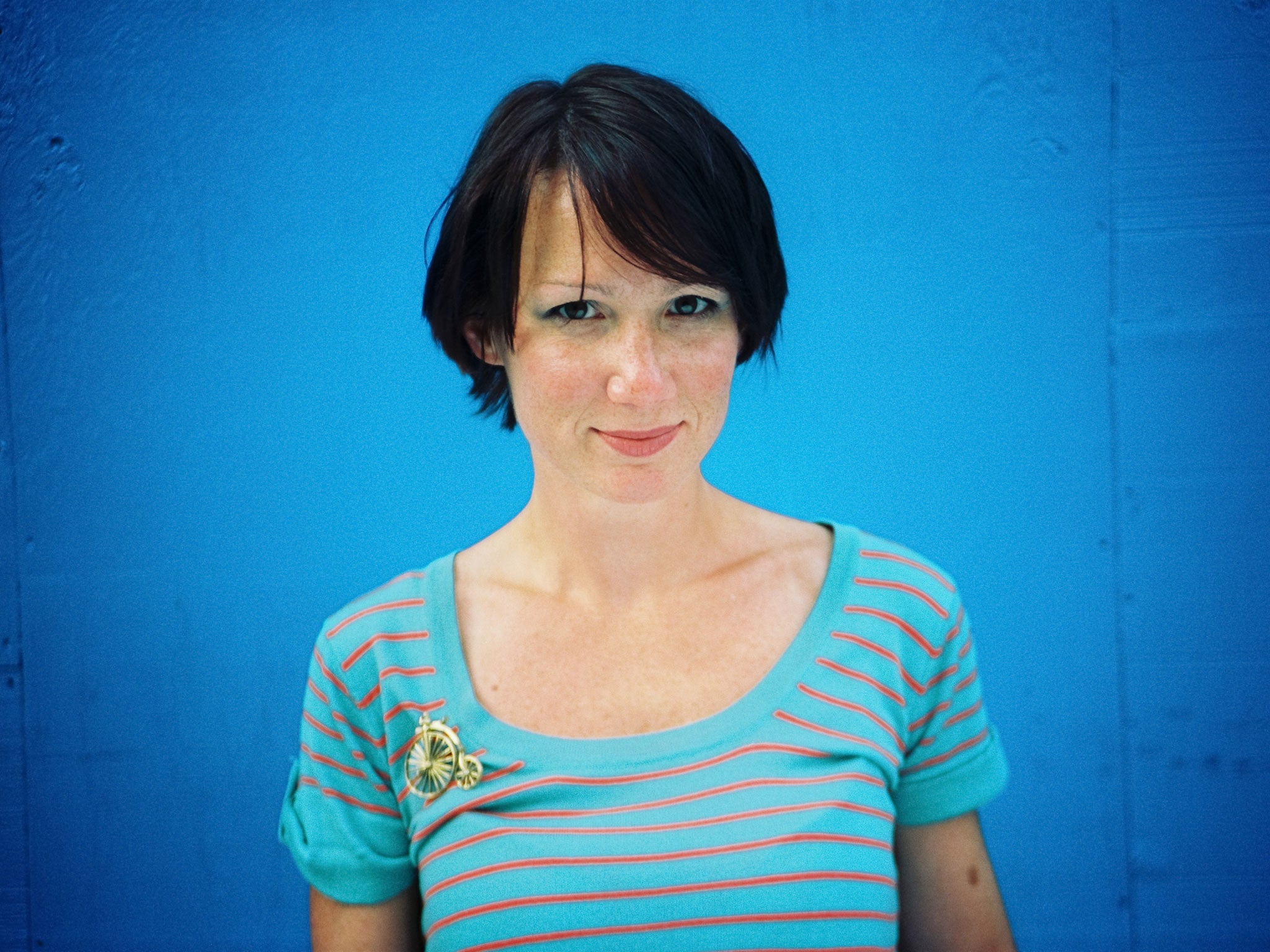Aleks Krotoski interview: The social psychologist on being a troll, artificial intelligence and baking at night
Krotoski is also a broadcaster and writer, and presents the BBC Radio 4 series Digital Human

I found it liberating to be an internet troll until I got my comeuppance The first time I went into an internet chatroom was in 1996. I pretended to be a boy and I found it freeing. I thought, "Oh wow, no one knows who I am." I was saying stupid things and picking on certain people, but I was just thinking about how I could say whatever I wanted. But the community took the wind out of my sails and no one responded to me any more, and that was my lesson learnt. Anonymity is essential in life to try on different identities and explore different aspects of ourselves, but if you use that anonymity to attack someone, there can be a lot of repercussions.
The internet is just an extension of ourselves We like to take the fault away from ourselves and blame technology for exacerbating issues such as, say, bullying or extremism, but all the internet does is connect human beings to human beings – it doesn't do anything to you.
Artificial intelligence needs to be more polite Over the past few months I've been living in a smart home using [the voice-controlled] Amazon Echo, this black tube with a blue light that's in the kitchen, and it's always listening. I use her to do things such as turn on music or add to shopping lists. But, unlike Siri, the thing is damn rude and that pisses me off. I want to say, "Please can you do this" or "Thank you" as it's how I was brought up. But there's no "You're welcome" or "I live to serve" or any of the things that Siri says if you thank her. So I'm not polite back. But when you pair that with having kids in the house, they start thinking, well, mummy doesn't bother with niceties. As AI at home becomes more commonplace, we need to think more about how they interface with humans.
The Japanese approach to tech says a lot about their worldview I went to Japan recently and it's interesting how they are looking at the issues they face with a decreasing population. Rather than look at finding more carers for the elderly, which would be supported by immigration, they are looking to technology: they're more comfortable with robotic carers than bringing a lot of unknown people into their private space.
People sitting at a table looking at their phones freaks me out [Before the advent of smartphones], you used to be able to see what someone was engaging with, but now I'm not sure whether they are looking at porn or reading about the Declaration of Independence. All I can see is the back of a device, and I can't participate with someone at the table, and that bugs me.
Visiting landscapes puts you back in your place If I'm sitting on the beach in Los Angeles, watching the sunset or hiking in Scotland, it gives me moments of non-frantic stillness when I'm not just sprinting around; all you can do is enjoy the view. And I've realised that not finishing that podcast or not writing that article or not making the best meal in the world is OK, as there is a giant world out there that has been around a hell of a lot longer than me, and will be there a hell of a lot longer after – just let it go, man!
I feel so compelled to bake that I'll wake up in the middle of the night to do it Right now, in LA, I'm smack in the middle of what we call baking season, which begins around this time and goes on until the last week of January. I get inspired, it's a wonderful period. Last season I made 34 pies, so I finally learnt how to make pie crust.
Aleks Krotoski, 41, is a social psychologist, broadcaster and technology writer, whose books include 'Untangling the Web' and 'Learning and Research in Virtual Worlds'. She is also the presenter of the BBC Radio 4 series 'Digital Human' (alekskrotoski.com)
Join our commenting forum
Join thought-provoking conversations, follow other Independent readers and see their replies
Comments